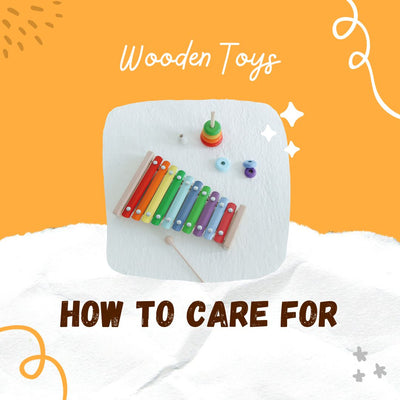Let your child's senses run wild with the magic of sensory play!
As children grow and develop, they require a range of experiences to learn and develop important skills. Sensory play is one of the most critical types of play for young children as it helps them to explore the world around them and learn through their senses. Sensory play involves engaging in activities that stimulate one or more of the five senses: touch, sight, smell, taste, and sound. These activities can be as simple as playing with sand or water or more complex activities that involve creating art or exploring different textures.
Here are some of the key benefits of sensory play for young children:
-
Develops Fine Motor Skills Sensory play involves manipulating objects, pouring, and sorting, which helps develop fine motor skills. Fine motor skills are essential for tasks like holding a pencil or using scissors.
-
Encourages Exploration and Curiosity Sensory play encourages children to explore their environment and to be curious about their surroundings. When children are engaged in sensory play, they use their senses to observe, investigate, and explore the world around them.
-
Supports Cognitive Development Sensory play helps children develop their cognitive skills. It helps them to understand concepts like cause and effect and to learn how things work.
-
Enhances Creativity and Imagination Sensory play provides children with the opportunity to use their imagination and be creative. When children engage in sensory play, they often come up with new and innovative ways to explore and manipulate objects.
-
Develops Language and Communication Skills Sensory play can be a social activity, allowing children to communicate with others and develop their language and communication skills.
-
Helps Develop Emotional Regulation Skills Sensory play can be a calming and therapeutic activity for children, helping them to regulate their emotions and reduce stress.
-
Encourages Sensory Integration Sensory play can help children integrate information from different sensory systems, which can be particularly helpful for children with sensory processing issues.
In conclusion, sensory play is a critical type of play for young children as it provides numerous benefits for their development. Parents and caregivers can encourage sensory play by providing a range of materials and activities that engage the senses, such as sand, water, playdough, or sensory bins. By encouraging sensory play, parents and caregivers can help children develop important skills that will benefit them throughout their lives.





